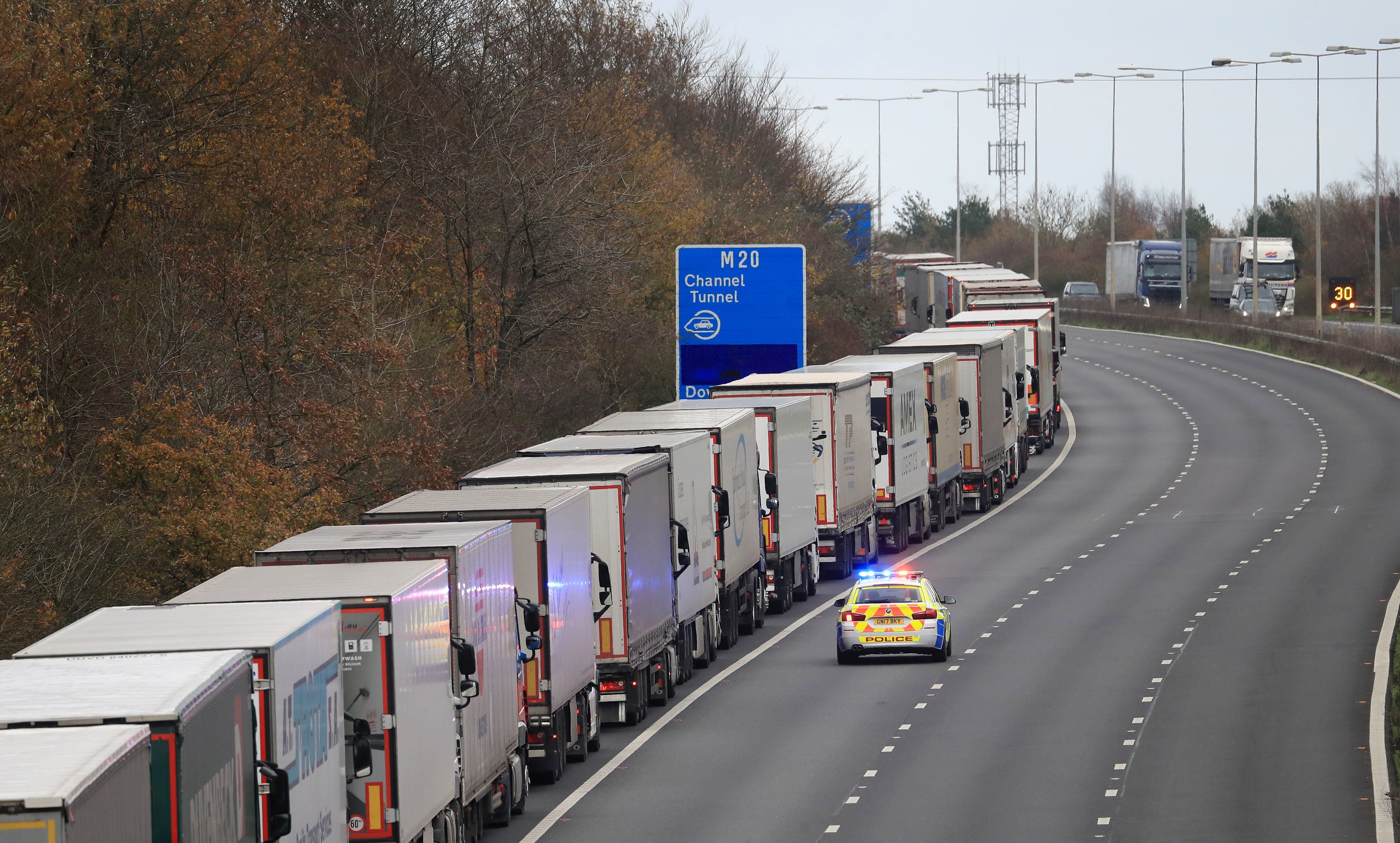No-deal Brexit would hammer UK economy, warns Office for Budget Responsibility
No-deal Brexit would cause unemployment to peak at over 8 per cent next year, rather than 7.5 per cent, and knock 2 percentage points off growth, says official forecaster

Your support helps us to tell the story
From reproductive rights to climate change to Big Tech, The Independent is on the ground when the story is developing. Whether it's investigating the financials of Elon Musk's pro-Trump PAC or producing our latest documentary, 'The A Word', which shines a light on the American women fighting for reproductive rights, we know how important it is to parse out the facts from the messaging.
At such a critical moment in US history, we need reporters on the ground. Your donation allows us to keep sending journalists to speak to both sides of the story.
The Independent is trusted by Americans across the entire political spectrum. And unlike many other quality news outlets, we choose not to lock Americans out of our reporting and analysis with paywalls. We believe quality journalism should be available to everyone, paid for by those who can afford it.
Your support makes all the difference.A no-deal Brexit would badly hit the UK’s recovery from the coronavirus crisis and push unemployment still higher next year, according to the Office for Budget Responsibility.
The Treasury’s independent spending watchdog said in its latest report, released alongside the chancellor’s Spending Review on Wednesday, that a failure to reach a free trade deal with the European Union was a “material risk” which would knock 2 percentage points off UK GDP growth in 2021.
That would reduce growth next year from 5.5 per cent to 3.5 per cent, significantly hampering the UK’s recovery from the massive shock of this year’s pandemic, which is forecast to knock 11 per cent of the size of the economy.
A no-deal Brexit would also, forecasts the OBR, cause unemployment to peak at 8.3 per cent, rather than 7.5 per cent.
“The short-term impact is due to various temporary disruptions to cross-border trade,” said the forecasting body.
It also cited lasting damage from higher structural unemployment, lower investment and harm to productivity growth.
In its main forecast the OBR sees the UK economy returning to its pre-crisis level by the end of 2022. It estimates that a no-deal Brexit would push that back until the end of 2023.
The OBR said its assumption about the long-term negative impact of a no-deal Brexit, over the next 15 or so years, would be around 6 per cent of GDP, in line with most other independent studies.
The government remains in talks with the European Union over a trade deal, with the transition period due to end on 31 December.
Labour’s Anneliese Dodds was critical of the chancellor, Rishi Sunak, for not mentioning Brexit in his Commons speech on Wednesday, despite the dwindling amount of time available to secure a deal.
“In less than 40 days, we’re due to leave the transition period. Yet the chancellor didn't even mention that in his speech,” she said.
“There’s still no trade deal. So does the chancellor truly believe that his government is prepared and that he’s done enough to help those businesses that will be heavily affected?”
The governor of the Bank of England, Andrew Bailey, warned earlier this week that the long-term negative impact of a no-deal Brexit on the UK economy would be more severe than the pandemic.

Join our commenting forum
Join thought-provoking conversations, follow other Independent readers and see their replies
Comments